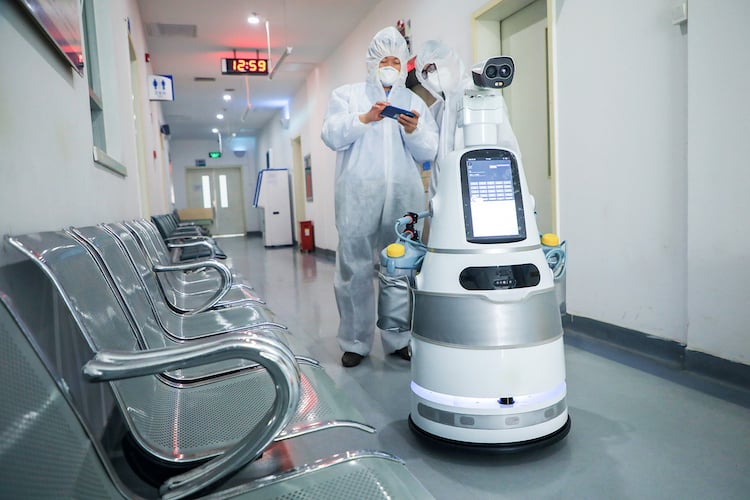 Photo by Edward Jenner from Pexels
Photo by Edward Jenner from Pexels
Right now, COVID-19 seems to be accelerating several trends that existed before the pandemic — like the push to cashless transactions and work-from-home arrangements.
Schools and the ed-tech industry are struggling to adapt to a new world where almost all students learn from home. Teachers are finding ways to adapt lesson plans and homework to remote education. At the same time, school districts are trying to invest in cybersecurity tech and professionals that can keep their students and faculty safe.
It's likely that even once the pandemic is over, the changes will continue to have a big impact on how educators teach students. It could determine which services the ed-tech sector focuses on over the next decade.
How New Tech May Make Students Safer
Typically, major shifts in behavior during a crisis don't entirely go away once it's over. After the 2008 economic crash, consumers remained more aware of prices and continued buying generic brand products, even as their incomes returned to more normal levels.
Some analysts believe COVID-19 could have similar impacts across the economy. Even once things return to normal, people may find that some of their new habits are worth sticking with.
Cybersecurity has quickly become a top concern for many school districts, which typically did not invest significantly in this before the pandemic. For the first time, many of these districts have been forced to seriously think about defending student and faculty data and privacy.
Issues like zoombombers — hackers who hop onto unsecured calls to harass or steal data — and a growing number of cyberattacks have become a real problem as students return to school. Students, teachers and administrative staff are rapidly learning how to keep their information secure with good practices. School districts are also adopting new tech to help them manage digital threats.
Increased focus on security may have a lasting impact, even after students return to school buildings. Some ed-tech companies specialize in alarm systems for schools, daycares and other education institutions. Others are finding ways to apply internet of things (IoT) devices to school safety. Technology similar to what's found in smart home security systems is used to monitor doors, windows, hallways and classrooms.
Remote Learning May Be More Important Than Ever
The current situation could also be a major turning point for remote learning. Around the world — but especially in the U.S. — an unprecedented number of teachers are getting firsthand experience with online teaching.
While these teachers face some major difficulties — like zoombombers, hackers, and unreliable Wi-Fi signals — some experts predict there may be positives to the shift. Remote learning may make education more accessible for some, and make it easier for educators to use different approaches that are a better fit for certain learning styles.
Positive experiences may encourage districts and individual educators to use remote learning tech going forward — whether that's entirely online courses or taking advantage of online homework systems. Ed-tech companies are already shifting resources to the development of remote learning technology.
A major shift toward online education could be a pivotal moment for the industry.
COVID-19 May Have Lasting Impacts on the Ed-Tech Industry
The pandemic has rapidly changed how educators teach and students learn. Remote learning is now the norm in much of the U.S., and school districts are struggling to adapt to new challenges.
Changes made to the education system may stick around long after the pandemic has passed. Educators and schools are getting long-term experience with online education. If they see benefits to these new teaching methods, they may be compelled to continue using them, even when they are no longer necessary. Ed-tech will likely need to respond to these changing demands — developing new solutions that help educators who switch to a digital approach.
Discover Technological resources for COVID with RobotLAB!

Autor:



